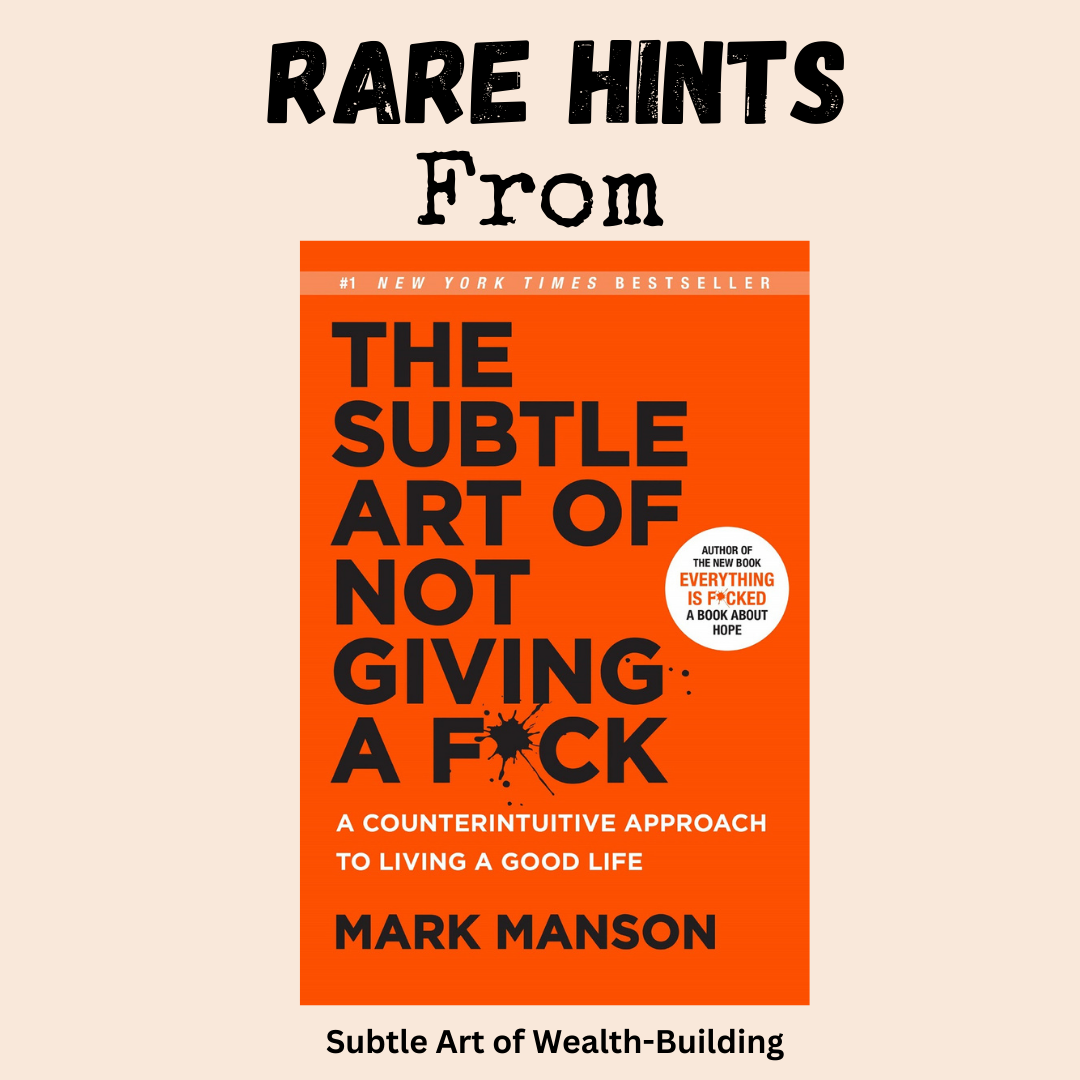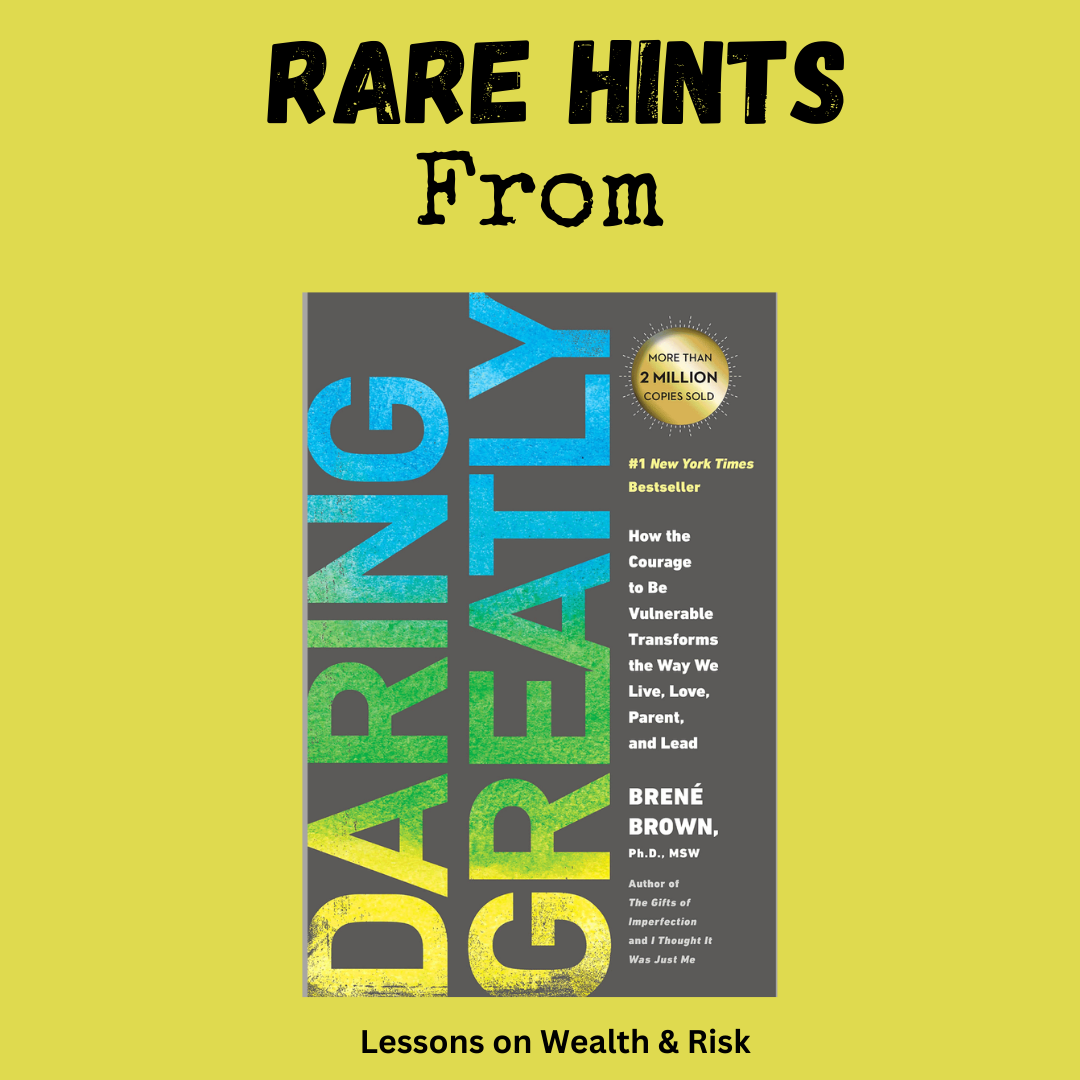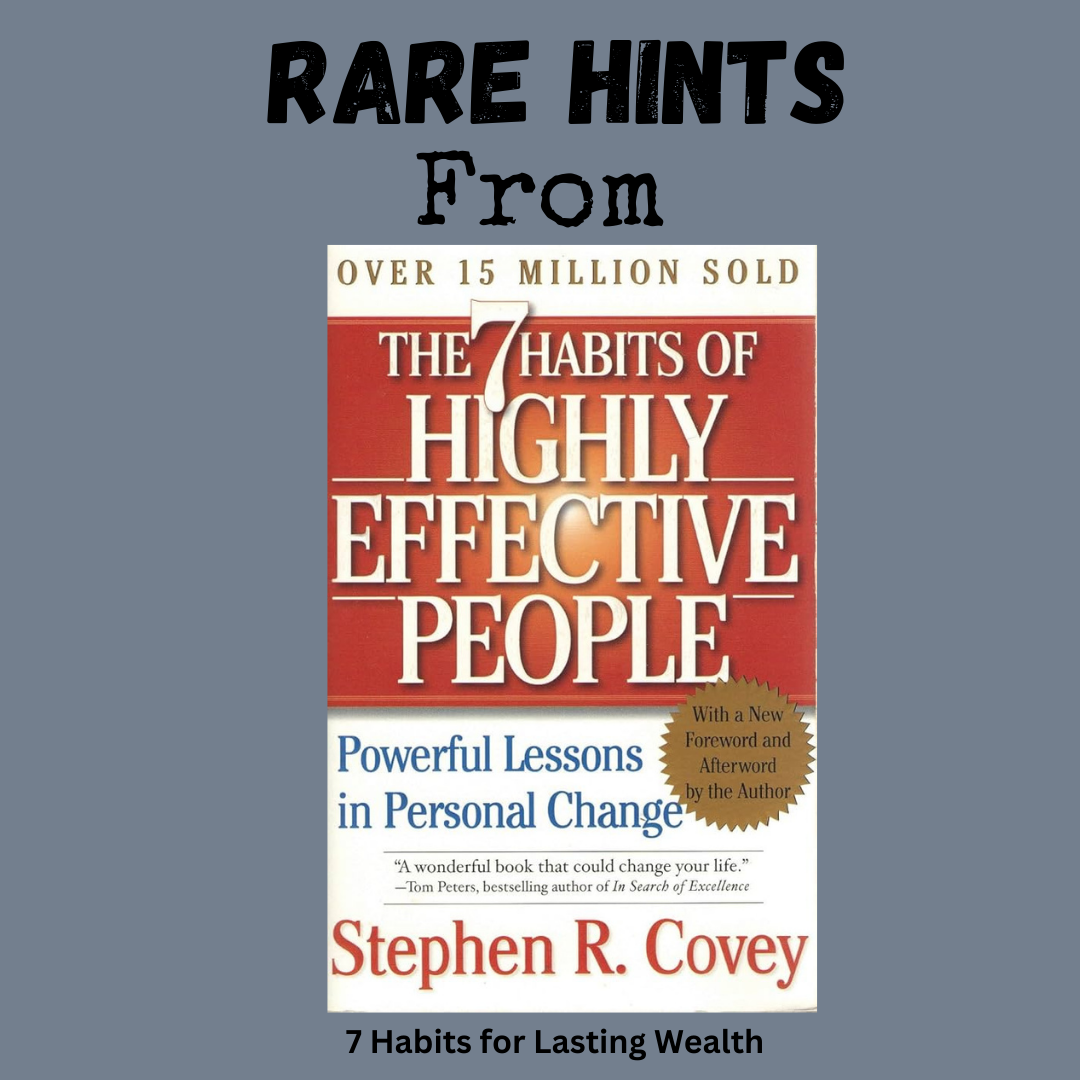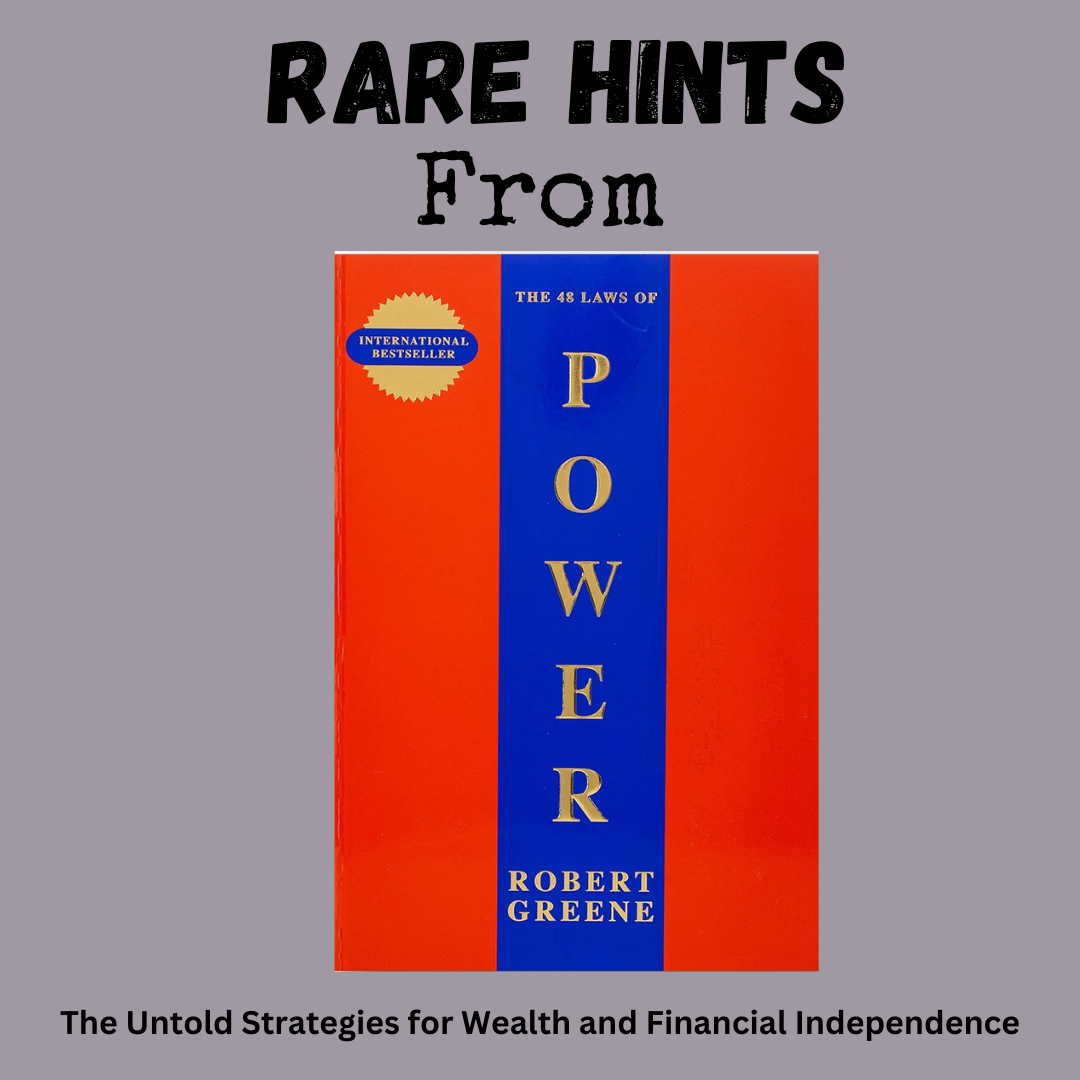Stop Wasting Energy on Things That Don’t Matter
I used to stress over every financial decision.
- Should I switch banks for an extra 0.5% interest?
- Is this budget app better than that one?
- Did I just waste $20 on coffee last week?!
At some point, I realized I was worrying about all the wrong things. Meanwhile, my real money goals—saving more, investing consistently, and building financial freedom—were taking a backseat.
That’s exactly what The Subtle Art of Not Giving a Fck* by Mark Manson is about. It’s not just about ignoring negativity; it’s about choosing what actually deserves your energy—including when it comes to money.
If you’ve ever felt overwhelmed by all the financial advice out there, this book might just be what you need to cut through the noise and focus on what really builds wealth.
🎯 The Core Idea: Stop Giving a F*ck About Every Little Thing
Manson’s philosophy is simple:
You only have so many “f*cks” to give in life—so use them wisely.
Most people waste their mental energy on things that don’t really matter—obsessing over minor stock price changes, worrying about keeping up with influencers, or stressing over daily expenses instead of focusing on big-picture wealth-building.
💡 Why This Matters for Your Finances:
- Not every financial trend is worth your attention—focus on proven strategies.
- You don’t need to stress over every expense—what matters is overall financial health.
- Caring less about “status” purchases means more money for real wealth-building.
By choosing where to direct your focus, you can free up mental energy to make real financial progress.
💰 Key Financial Lessons from The Subtle Art of Not Giving a Fck*
1️⃣ Choose Your Financial Battles Wisely
A lot of people waste time stressing over small, irrelevant financial details while ignoring big wealth-building moves.
🔥 What to Stop Giving a F*ck About:
❌ Every tiny stock market movement
❌ Saving a few dollars but missing major investment opportunities
❌ Buying things to impress people who don’t matter
✅ What to Actually Focus On:
✔️ Earning more (negotiating raises, starting side hustles)
✔️ Investing consistently instead of chasing quick wins
✔️ Making smart financial decisions based on your long-term goals
If something doesn’t significantly improve your financial future, stop obsessing over it.
2️⃣ Embrace Financial Mistakes as Learning Opportunities
Let’s be honest—everyone has made bad money decisions. Maybe you…
- Bought into a bad investment
- Spent way too much on something dumb
- Passed on an opportunity that could’ve made you rich
Manson’s take? Stop dwelling on past mistakes and start using them as fuel for future success.
🔥 How to Apply This to Your Money:
✅ Instead of saying, “I lost money in crypto,” ask, “What did I learn?”
✅ Instead of regretting past overspending, focus on improving your spending habits now.
✅ Instead of fearing financial risk, learn how to manage it better next time.
Successful people fail all the time—the difference is, they keep going and improving.
3️⃣ Define What Actually Matters to You Financially
Manson argues that when you get clear on your values, it’s easier to ignore distractions.
The same applies to money. If you don’t define what financial success means to you, you’ll keep chasing things that don’t actually make you happy.
🔥 Action Step: Get Clear on Your Money Priorities
Ask yourself:
💰 What does financial success actually mean to me?
💰 Do I want financial freedom, early retirement, or security?
💰 Am I making financial decisions based on my goals, or just what society tells me?
When you define your financial “why,” it’s easier to cut out distractions and focus on the wealth-building habits that matter.
4️⃣ The Power of Saying “No” (And How It Saves You Money)
Want to reach your financial goals faster? Learn to say NO.
🔥 What to Start Saying NO To:
❌ Expensive social events that don’t add value to your life
❌ Every “hot” investment trend that comes along
❌ Spending money just to keep up with others
Every “yes” costs something—money, time, or energy. The more strategic NOs you say, the more room you have for meaningful YES moments (like investing more, growing your income, or funding your dream business).
5️⃣ Stop Blaming the Economy & Take Control of Your Finances
Manson teaches that while we can’t control everything in life, we can control our responses.
The same is true for money:
- Yes, the economy will change. Smart investors adjust their strategy.
- Yes, unexpected expenses happen. Having an emergency fund helps.
- Yes, things won’t always go as planned. The key is to pivot, not panic.
Wealthy people don’t complain about money—they take action.
Blaming external factors won’t build your wealth—but learning, adapting, and taking charge of your financial future will.
🚀 How to Apply These Lessons to Your Finances Today
✅ Step 1: Set Your Financial Priorities—define your top 3 wealth-building goals.
✅ Step 2: Stop Wasting Time on Trivial Money Worries—focus on big-picture strategies.
✅ Step 3: Learn From Past Financial Mistakes—tweak your approach and move forward.
✅ Step 4: Say No to Things That Don’t Serve Your Goals—guard your time and money.
✅ Step 5: Take Control Instead of Complaining—adjust your financial strategy as needed.
⚠️ Common Money Mistakes to Avoid
❌ Caring About Every Little Expense: If you optimize small savings but ignore big opportunities, you’re wasting energy.
❌ Investing Emotionally: Stop buying stocks or crypto based on hype. Think long-term.
❌ Letting Fear Hold You Back: The biggest wealth-building moves require some risk-taking.
❌ Blaming the Economy for Financial Struggles: The most successful people pivot and adapt instead of complaining.
🎤 Your Turn!
👉 What’s one financial “f*ck” you’ve decided to stop giving? Drop a comment below—I’d love to hear your thoughts!
🚀 If this helped shift your money mindset, share it with a friend who needs it!
Remember: Wealth isn’t about worrying over every detail—it’s about choosing what truly matters.






Leave a Comment